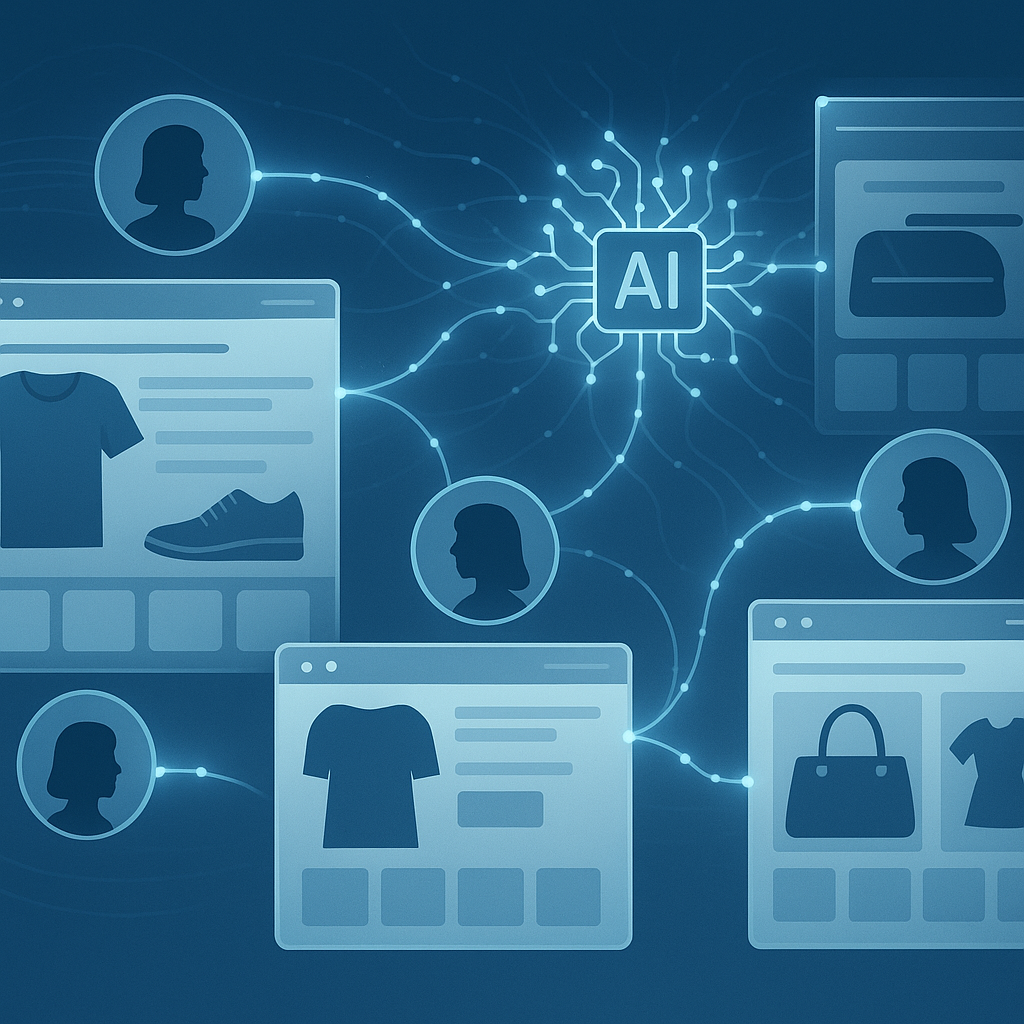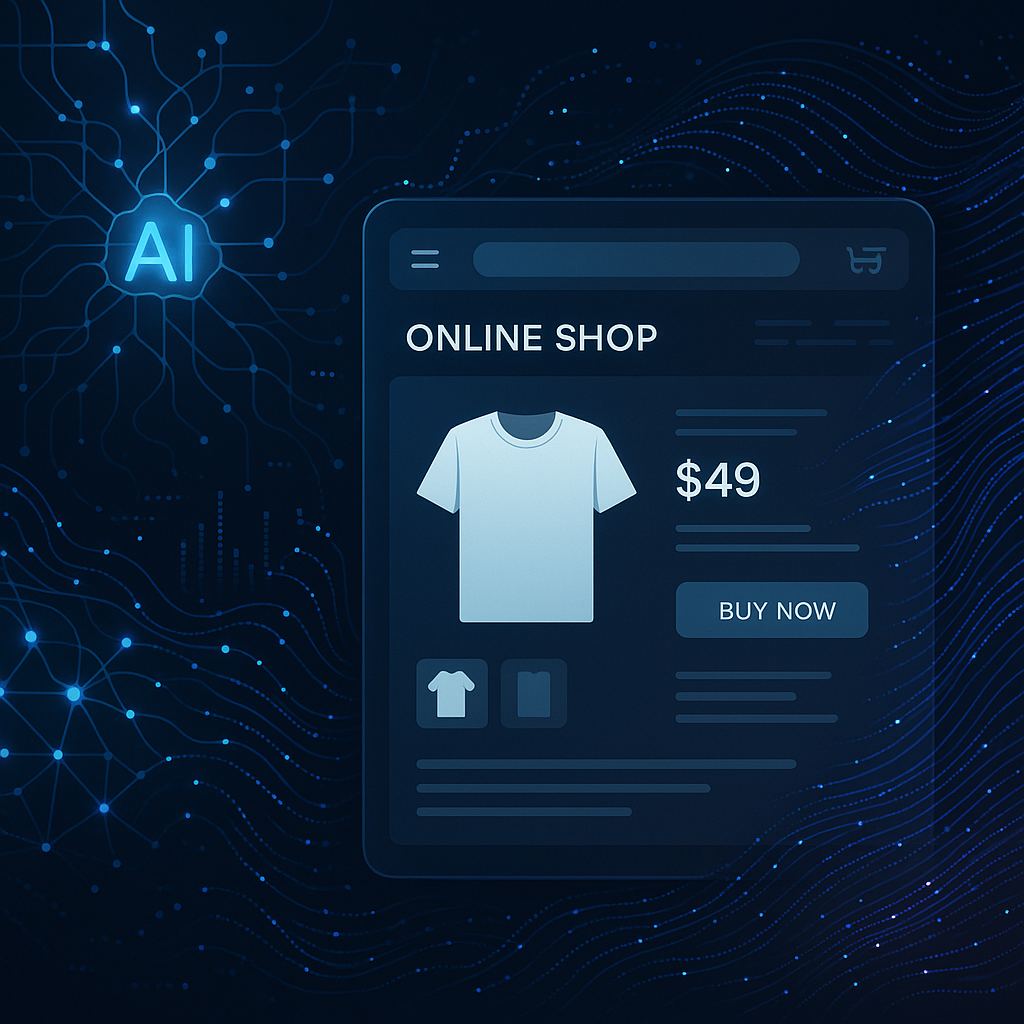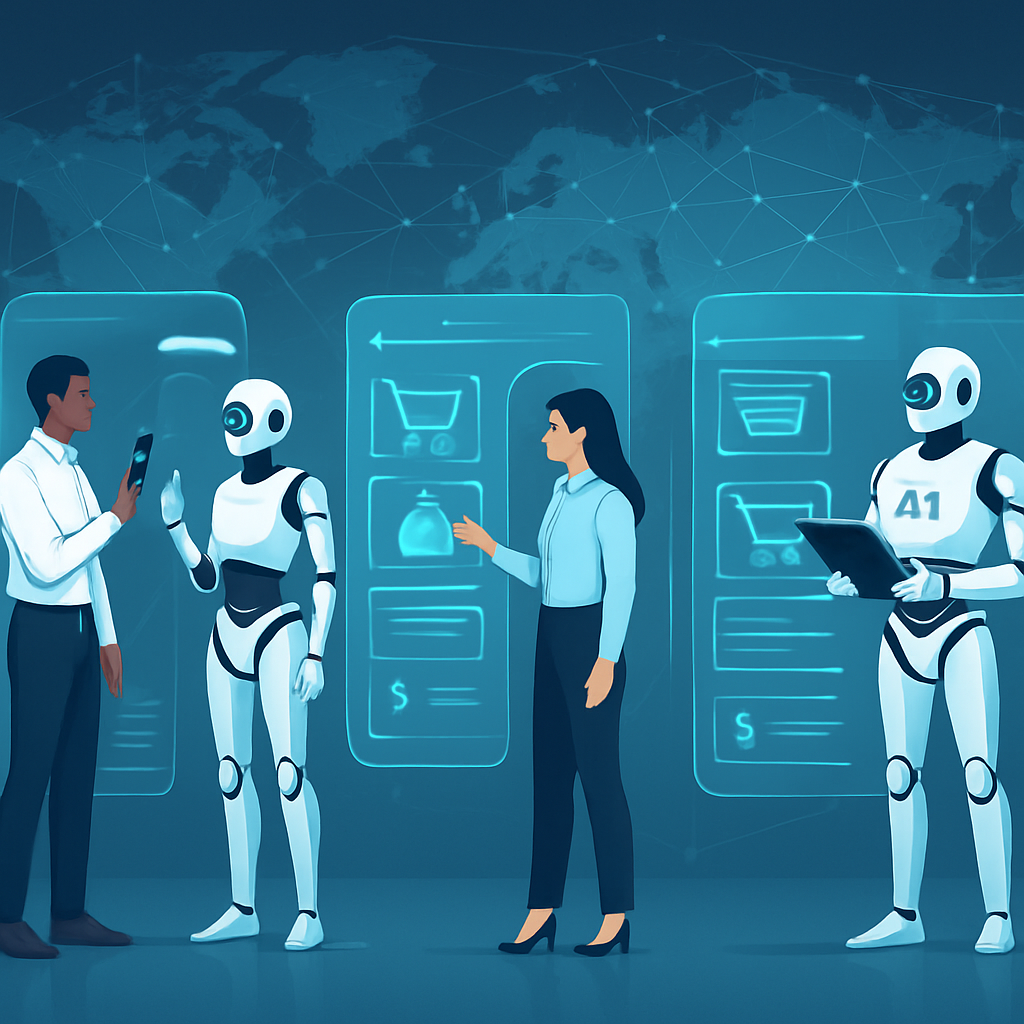
Revolutionizing Personalized Ecommerce Marketing with Machine Intelligence in 2025
Introduction: The New Age of Ecommerce Marketing
In 2025, ecommerce marketing is being fundamentally transformed by machine intelligence. Gone are the days when static ads and generic campaigns could captivate consumers. Today’s shoppers expect highly personalized, context-aware interactions tailored precisely to their preferences and behaviors. Machine intelligence — a sophisticated blend of artificial intelligence and advanced data analytics — is unlocking these capabilities at scale, enabling online retailers to deliver uniquely customized marketing experiences.
Understanding Machine Intelligence in the Ecommerce Context
Machine intelligence refers to systems that learn from vast datasets to make informed decisions or predictions autonomously. Unlike basic AI algorithms, machine intelligence incorporates enhanced learning models and neural network architectures that simulate human-like cognitive functions. In ecommerce marketing, this means continuously analyzing customer data like browsing habits, past purchases, social interactions, and even subtle contextual signals such as time of day or device type.
Beyond Traditional Personalization
Marketers have long used segmentation and targeted ads, but machine intelligence takes personalization several steps further. Instead of treating customers as static personas, modern systems view each shopper as a dynamic individual whose preferences evolve in real-time. This continuous learning enables adaptive marketing techniques that adjust content, product recommendations, and promotional offers instantly based on live data.
Machine Intelligence Driving Next-Level Personalized Strategies
Hyper-Personalized Product Recommendations
Leading ecommerce platforms employ machine intelligence to construct intricate customer profiles that integrate diverse data streams. These models predict not only what products a user is likely interested in but also when and how they prefer to shop. For example, an algorithm might recognize that a user searches for hiking gear primarily on weekends and adjust promotions to surface relevant deals during that timeframe, enhancing conversion rates immensely.
Dynamic Content Generation
Another breakthrough lies in personalized content marketing. Machine intelligence can generate individualized email campaigns, landing pages, and ad creatives tailored to each customer’s tastes. Retailers now utilize AI-driven copywriting tools combined with customer insights to produce messages that resonate on a personal level, maintaining consistent brand voice while maximizing engagement.
Contextual Pricing and Offers
Adaptive pricing strategies powered by real-time data enable ecommerce stores to present customized discounts based on a shopper’s journey stage, loyalty status, or competitive market data. Such machine intelligence models optimize promotions dynamically to balance profitability with customer satisfaction, creating win-win scenarios that traditional one-size-fits-all pricing never achieved.
Innovative Use Cases Illustrating 2025 Trends
AI-Powered Visual Search Integration
Retailers are increasingly adopting visual search tools enhanced through machine intelligence, allowing customers to upload images and receive personalized product recommendations instantly. For instance, a fashion ecommerce store in 2025 might analyze a photo of a user’s outfit and suggest complementary items or alternatives based on style, color harmony, and current trends learned from global data.
Conversational Commerce with Intelligent Chatbots
Smart chatbots equipped with natural language processing synthesize customer interactions and preferences to offer personalized assistance. In 2025, these bots can upsell or cross-sell products intuitively while handling complex queries, making marketing feel more conversational and less intrusive.
Predictive Customer Lifetime Value Modeling
Machine intelligence tools forecast the potential lifetime value of a customer accurately by analyzing patterns across purchasing history and engagement metrics. Marketers use these insights to tailor acquisition and retention strategies, prioritizing high-value segments with bespoke offers and exclusive experiences.
Challenges and Ethical Considerations
While the benefits of machine intelligence are substantial, marketers must navigate concerns around data privacy, transparency, and bias in AI models. Implementing ethical frameworks and ensuring compliance with regulations like GDPR are essential for sustaining consumer trust alongside technological innovation.
Looking Forward: Machine Intelligence’s Role in Ecommerce Evolution
As ecommerce continues its rapid evolution, machine intelligence will remain at the forefront of marketing strategy innovation. The ongoing integration of multimodal data, improvements in AI explainability, and the rise of AI-enabled augmented reality experiences promise even richer personalization opportunities. Ecommerce marketers who embrace these advances thoughtfully will shape the future of shopper engagement and brand differentiation.
Conclusion
Machine intelligence in 2025 is revolutionizing personalized ecommerce marketing by transforming how customer data informs every touchpoint. This shift from static segmentation to fluid, real-time adaptation empowers brands to create shopping experiences that truly resonate. The ongoing convergence of advanced algorithms with creative marketing strategies signals a new era where ecommerce marketing is as intelligent and unique as the consumers it serves.






